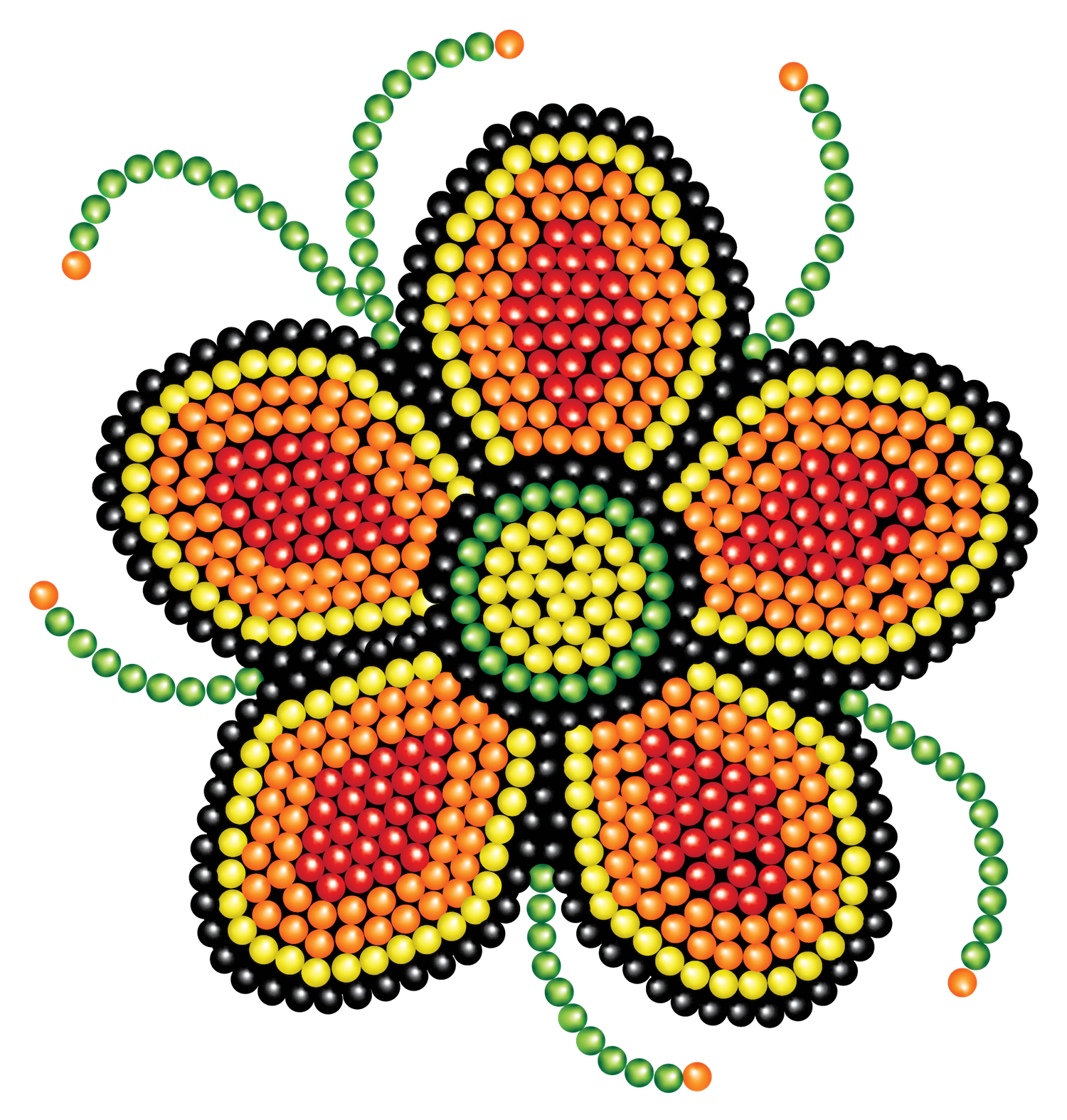Growing up, Maureen Callihoo Ligtvoet‘s dad was distant, and she didn’t know why.
“He’s a very beautiful man, but he always tried to isolate himself,” she says. “He preferred to be working in the bush or in the fields away from everybody. And though he was affectionate in his own way, he was not affectionate with hugs, and I don’t recall him ever saying, ‘I love you.’ We never understood, and my mom never understood, when he would say, ‘Sometimes I just want to run away.'”
Ligtvoet’s father was attempting to “run away” from the trauma and nightmares of being taken to a residential school at seven years old. His family didn’t understand because he never told them until he had a setback in his battle with alcoholism and finally shared his story. Ligtvoet was then 30 years old.
Most residential school survivors never get a chance to share their stories, but thanks to Ligtvoet and the Friends of Michel Society, you can hear 31 survivors’ stories at Hear Our Voices: Michel People and Residential Schools — a Musée Héritage Museum exhibit meant to teach, share and heal.
Visitors will see and hear looped stories on six screens from 31 Michel band members discussing their experiences with both the Youville (St. Albert) and Dunbow (northeast of Okotoks) residential schools. You’ll hear from people who actually attended, and from people like Ligtvoet, who suffer the intergenerational aftereffects.
The six screens divide the stories into six sections: Taken Away, Conditions, Punishment, Coping, Apologies and Healing. “We really wanted to amplify the voices of our residential school survivors as part of their own healing journeys,” Ligtvoet says. “And my favourite part is the end, the Healing [section], because Mary Snyder of Calliou Group, which helped create the exhibit, was able to catch some really happy moments. It can feel very dark and heavy, but at the end, it does give you some some hope and something to smile about.”
